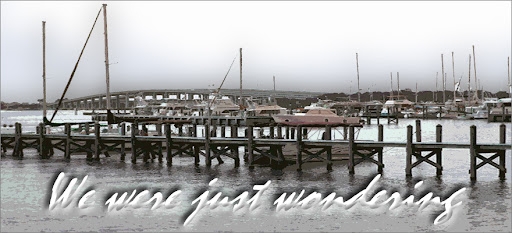BRUSSELS -- As the European Union's wealthiest
country, Luxembourg could have been forgiven for thinking that it would never
find itself on the bloc's financial risk list.
With just half a million people living on a tiny
patch of lush land nestled between Belgium, France and Germany, Luxembourg is
as tranquil as a buzzing financial center gets. Still, some of Europe's
regulators and politicians have started wondering aloud whether its banks might
be holding the 17-nation eurozone's next ticking bomb.
Following the chaotic bailout for Cyprus last week,
European officials have been drawing worrying comparisons between the two
countries' oversized financial industries.
Mario Draghi, president of the European Central
Bank, cautioned on Thursday that "the recent experience shows that
countries where the banking sector is several times bigger than the economy are
countries that, on average, have more vulnerabilities."
"Financial shocks hit these countries stronger,
simply because of the size of their banking sector."
The increased scrutiny has taken Luxembourg's
government by surprise and put it on the defensive. It has rejected calls to
shrink its country's main source of wealth to a more manageable size, claiming
that its banking industry is much more secure than Cyprus's and any crackdown
would not only harm its own economy but that of the wider eurozone.
Cyprus was forced to seek a bailout from its
eurozone partners after its once-thriving banking industry collapsed. The
country couldn't afford to bail out its financial sector which, thanks to
massive deposits of foreigners, had grown to eight times the size of its
economy. The 10 billion euro ($13 billion) rescue loan package comes with tough
austerity measures attached, as well as a brutal shrinking of the banking
industry and significant losses for savers with deposits larger than 100,000
euros.
In comparison, the balance sheets of the banks in
Luxembourg have swollen to about 22 times the country's annual economic output
of 44 billion euros – making it Europe's richest country per capita. The
country is also the world's second-largest center for investment funds, with
about 3,800 funds holding assets worth (EURO)2.5 trillion ($3.2 trillion) –
about 55 times the country's gross domestic product. It has 141 banks based
there, with five of them domestic institutions and the remainder being mainly
divisions of foreign banks.
"There are no parallels between Cyprus and
Luxembourg, and we don't allow any parallels to be forced on us," Prime
Minister Jean-Claude Juncker said last week. "Cyprus is a special case;
other financial hubs in Europe don't have these problems." Read more…


No comments:
Post a Comment